The right to wild camp has been lost on Dartmoor, or rather, the High Court has decreed, we never had it in the first place.
Previously known as the only part of England where wild camping was allowed, on 13th January it was decreed that the 1985 Dartmoor Commons act only allowed users to pass through, not stay overnight in, Devon’s largest National Park.
The story so far
Alexander Darwall bought land in Dartmoor in 2011, becoming the sixth largest landowner on the moor. The Darwalls’ High Court case concluded on 13 January 2023, when judge Sir Julian Flaux decreed that the Dartmoor Commons Act, which passed in 1985 and includes the phrase “right to open air recreation,” does not include overnight stays on the moor.
The landowners involved have agreed with the National Park Authority to allow wild camping in certain areas (seen on the map linked below), but campaign groups including Right to Roam are displeased, as this means the landowners can revoke this permission at any time; there is no universal right to camp. The decision led to a protest on 21 January, as Right to Roam led hundreds of outdoor enthusiasts in a march across Dartmoor. Larger protests are planned as the weather improves.
This is a very England (and Wales) specific problem, as in Scotland, and many other European countries such as Norway, citizens already enjoy a right to wild camp in remote areas.
The 1932 Kinder Trespass saw hundreds of Mancunian factory workers defiantly hike into the privately owned Peak District. The ringleaders were arrested, but the “right to roam” movement had begun. This led to the creation of the first national parks, through the National Parks and Access to the Countryside Act 1949, an act which also required all public rights of way to be mapped. Public access was extended by New Labour with the Countryside and Rights of Way Act 2000 (the CROW Act), which enshrined the public’s “on foot” right of access to “open country”, defined as mountains (600 metres above sea level), moor, heath and down, or registered common land. However, neither of these laws included the right to wild camp: Dartmoor was previously thought to be the only exception in England and Wales.
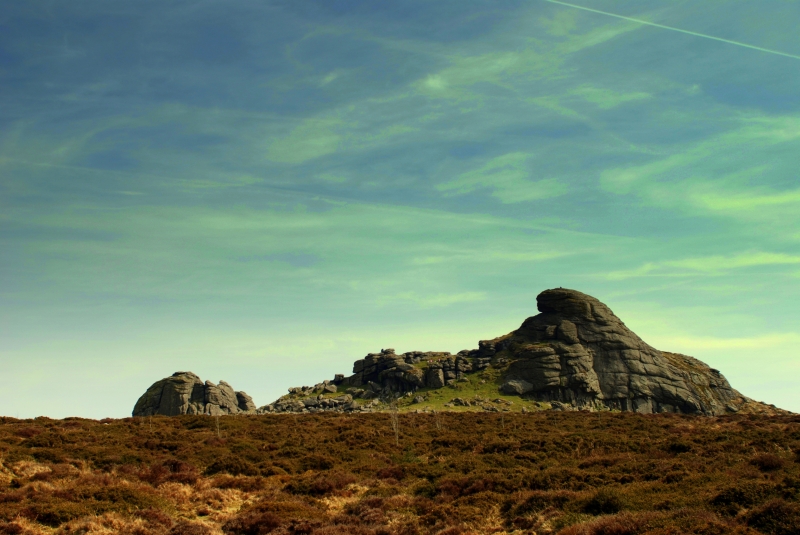
Labour Party MPs have now declared their support for extending current rights of access into rights of recreation. This means not only would Brits (and tourists) have the right to pass through a wild area, but also to camp, climb and more.
Update (6 April): The Dartmoor National Park Authority has won the right to appeal the ban, in the court of appeals. The judge in the court of appeals, Lady Justice Asplin, decided that the previous judge misconstrued the meaning of the term “open air recreation,” which could perhaps include wild camping. Lawyers for the park argue that the ban fails to take into account the historical interpretation of the law.
What exactly is wild camping?
Wild camping refers to any camping done outside of designated campsites. A wild camping spot can be reached by any lawful means; on foot, by bike (bikepacking), horse or vehicle. In the case of Dartmoor, this mostly refers to backpack-only wild camping, where campers approach on foot, make camp with only what they can carry in their backpack, then pack up at sunrise to continue their walk, most importantly making sure to leave no trace.
Campervan owners tend to call a similar practice “stealth camping”, where a van or car is parked up in a lay-by and slept in overnight.
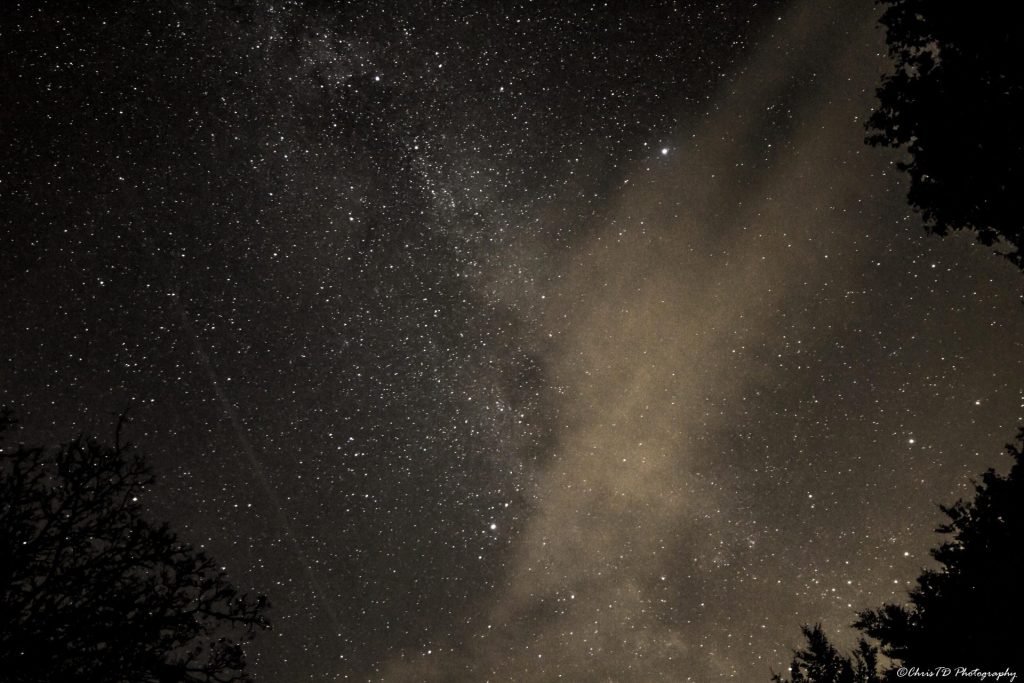
The Darwalls’ objection to free-for-all camping is based on a claimed increase in “fly camping” which derives from “fly tipping,” where people dump rubbish on-the-fly at roadsides. Fly camping refers to people setting up camp, perhaps having a messy party, and leaving rubbish including cans, cigarette ends and human waste behind.
Campaigners, in response, pointed out that fly tipping, killing animals and lighting fires are forbidden under the 1985 act, and that anyone doing such forbidden activities as a part of wild camping would probably still camp if camping was also forbidden.
Wild camping in Scotland
Wild camping in Scotland goes back to bothies. Historically, masses of land in Scotland has been carved up by a small cadre of landowners. Despite this there is a long standing tradition of the commoners having access to the land. The Trespass (Scotland) Act 1865 tried to make it illegal to set up tents or campfires without the owner’s permission, but most people just ignored this legislation, preferring to risk the fine. This was superseded by the Land Reform (Scotland) act 2003, which among other things gave Scots and visitors the right to responsible recreation which adheres to the Scottish Outdoor Access Code.
Wild camping is permitted under this code. Campers are advised not to camp in enclosed fields and keep away from roads and buildings. That sounds exhaustive, but remember that the Act allows people unfettered access to huge tracts of uncultivated land across Scotland which wouldn’t come under that list.
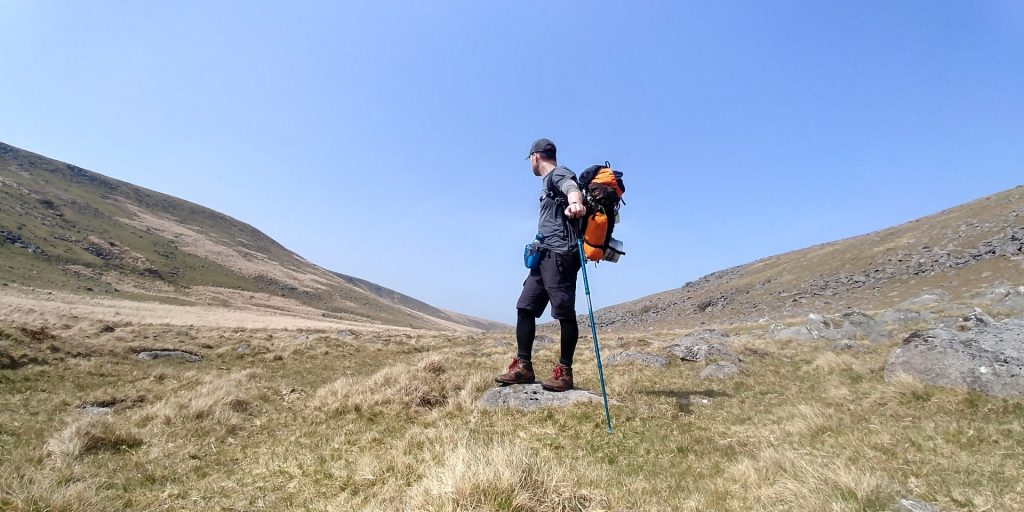
Of course, the Code stipulates that campers must leave no trace. In 2017, in response to increased amounts of litter being left around Loch Lomond, the National Park authority there introduced bylaws restricting camping around its lochs. Campers must now only stay in designated areas within the park, with a permit.
It’s this 2003 act and resulting access code which Labour politicians are now promising to replicate in England and Wales if they are elected.
Wild camping in Scandinavia
Norway is perhaps the number one destination people think about when the term “wild camping” is on their lips. Sweden, too, has some comparatively permissive laws around wild camping. Both Norwegian and Swedish have words for the “freedom to roam”; allemansrätten in Sweden and allemannsrett in Norway. As you might guess, these both translate as “all men’s rights to roam”.
So how do the Scandis deal with campers behaving badly? The answer is that the Scandis are better behaved in the first place: it comes down to cultural differences. The concept of “friluftsliv” is central to the Scandi way of getting out in nature. It translates as “open air living”, and it means you have to treat your outdoor environment as if it was your living room. That means a minimum of damage, so no fires in particular.
The privileges afforded to active wild travellers are not afforded to motor vehicles. Stealth camping in a van remains heavily restricted.
Wild camping in other European countries
In France, you can wild camp, but you must travel light. Bivouacking (the technical term for bivvy-bagging) is allowed between 7pm and 9am in France’s National Parks: that means you can sleep wild, but you can’t pitch a tent. However: an issue that often comes to light in our current wild camping debacle is how England and Wales’ National Parks only cover 8% of the countryside. So spare a thought for the French, whose parks are fewer and smaller than ours.
Meanwhile, in the Baltics, wild camping is allowed anywhere except National Parks.
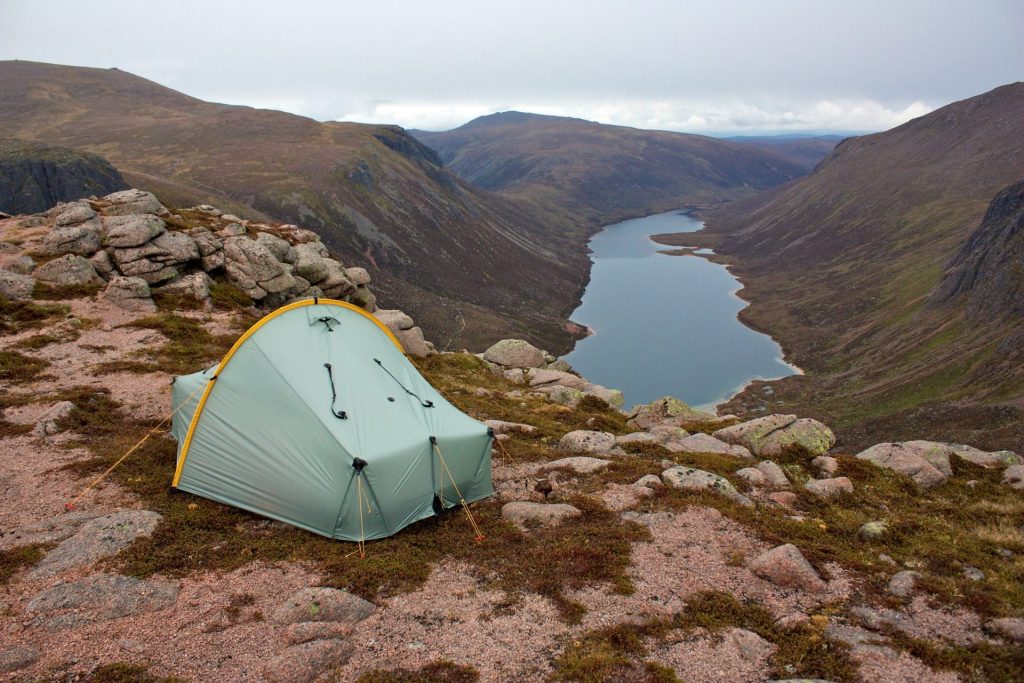
Wild camping worldwide
Wild camping is a popular pastime in the USA, Canada and many South American countries. In the US, you can camp wild on public lands, such as in the US National Parks, as long as it’s not on private property, ecologically sensitive, or near a road or water source. It’s similar in Canada where, of course, you have to be on the lookout for genuine grizzly bears rather than irate English landowners. In Argentina, wild camping is allowed anywhere apart from the Peninsula Valdez, a UNESCO world heritage site. Thankfully, despite the exclusion of that picturesque 8900 square km, there is still over 2 million square km of Argentina to pitch a tent on.
In New Zealand, wild camping is known as freedom camping and is legal but with a number of rules attached to it, which differ based on local authorities. Meanwhile in Australia, wild camping is illegal. Much like in Israel, you can set up a tent at a designated free camping spot, but that’s as good as it gets. This doesn’t mean that people don’t wild camp there (Australia is a big place, after all) but that they have to do so knowing they’re in trouble if they get caught. The rules are there to deter backpackers from littering the popular surf spots of Australia’s cities; it seems unlikely that anyone would fault you for camping in the Outback, that great expanse of wilderness that makes up most of Australia’s landmass. It is interesting that wild camping is illegal in the whole of Australia for similar reasons it has been limited here on Dartmoor.
Why is wild camping important?
There are many walks that can’t be easily done without a few overnight stays. For example, there is the Devon coast-to-coast, which takes around five days and therefore four nights sleeping on Dartmoor.
Camping has many benefits. In Scandinavia, they call getting outdoors “friluftsliv“. The phrase evokes a sense not just of getting out into the wild, but embracing the outdoors as if it were our own living room; taking time to make peace with the fact that this is our natural envionment and that we should feel as at home here as we do on a busy street or alone in our own bedroom.
Wild camping in particular harkens back to earlier times, before common land was enclosed and the common man became a serf of a feudal lord. Our ancestors would have camped as they roamed the forests of Britain, before eventually settling down from the nomadic lifestyle. Thankfully, unlike our ancestors, we have some very good lightweight waterproof materials these days so camping can be very cosy indeed.
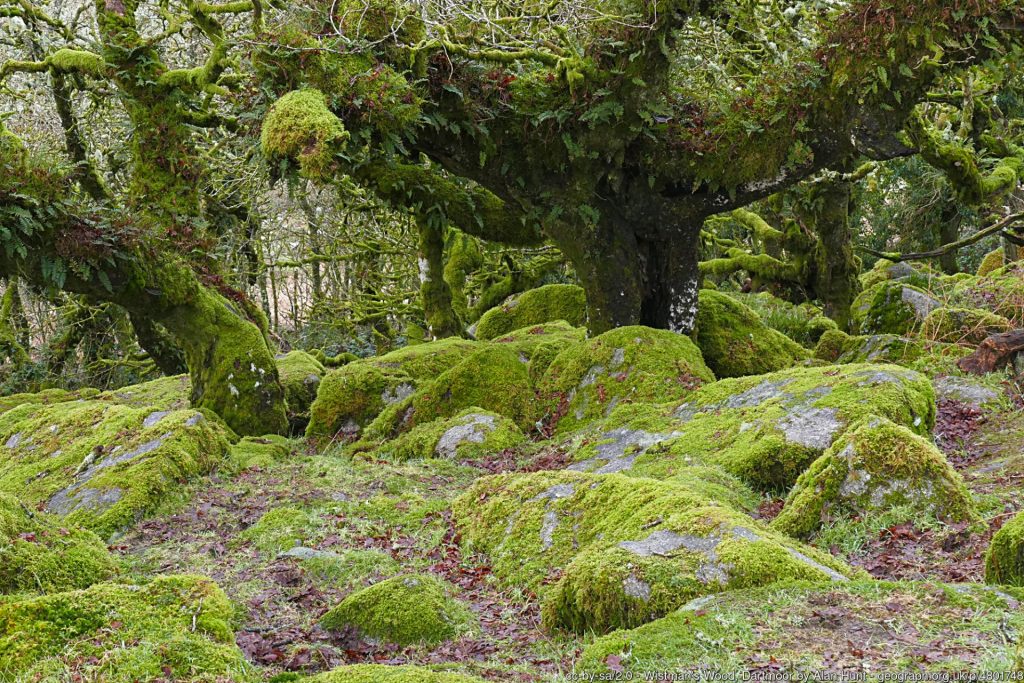
In medieval Wales, the tradition (or, some might say, legend) of Tŷ unnos (a one-night house) was similar to the modern concept of “squatter’s rights”. If a small cottage similar to a modern bothy could be built overnight on a remote corner of an estate, complete with a lit hearth when morning came, the builder now had the freehold of that small patch of land. This, much like the presumed right to wild camp on Dartmoor, had no actual standing in the law.